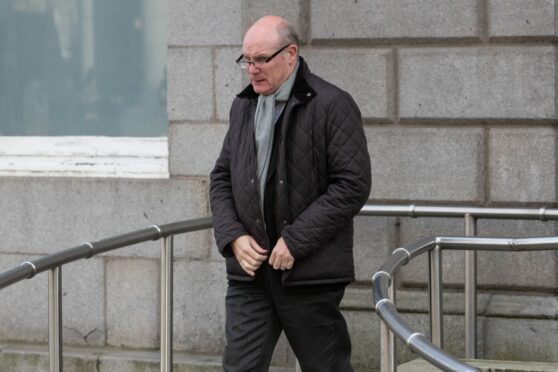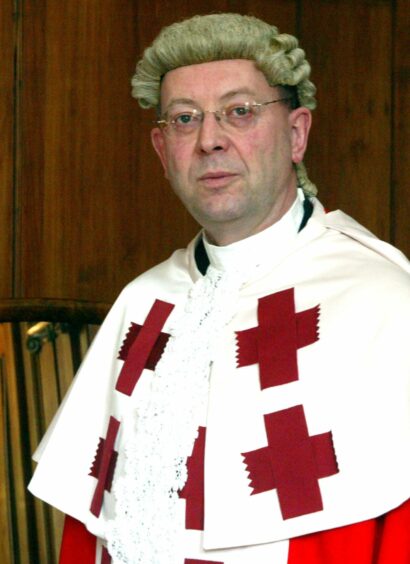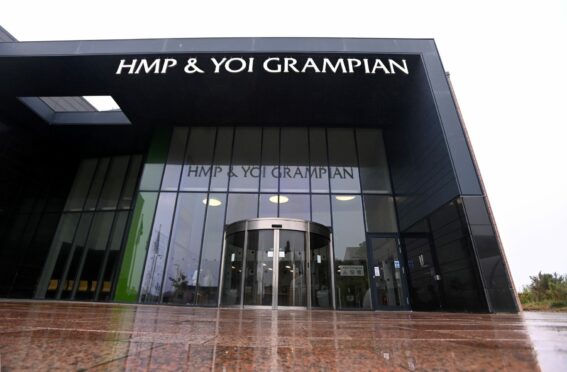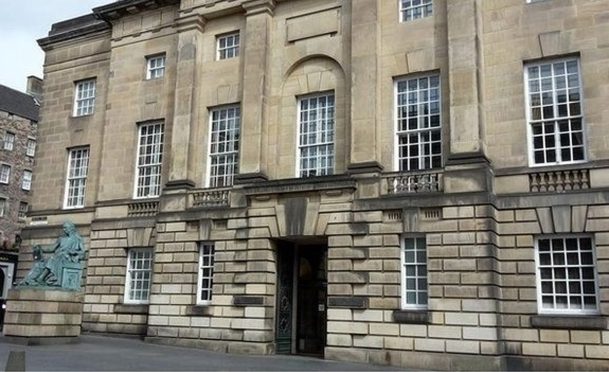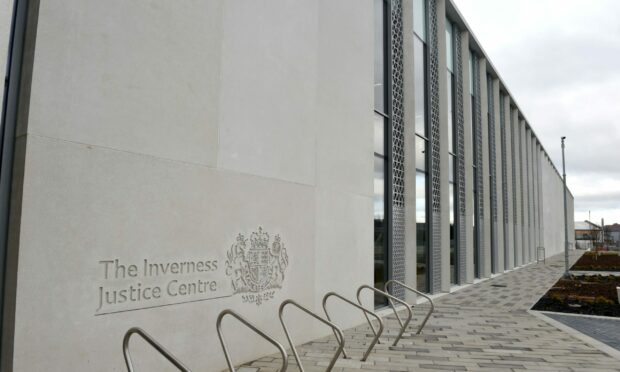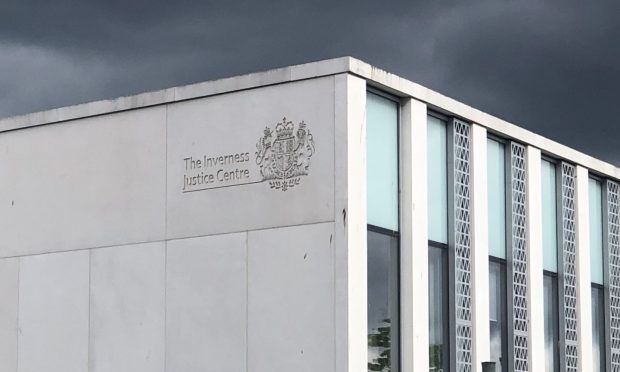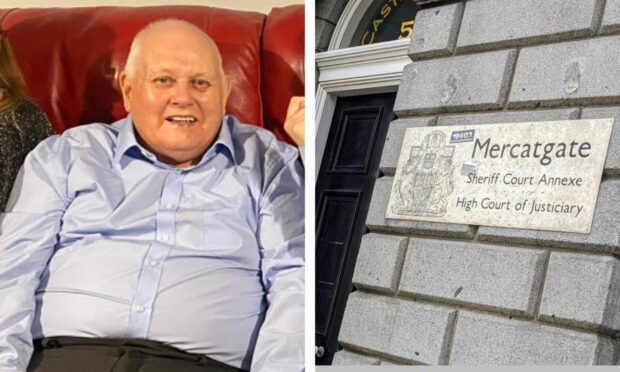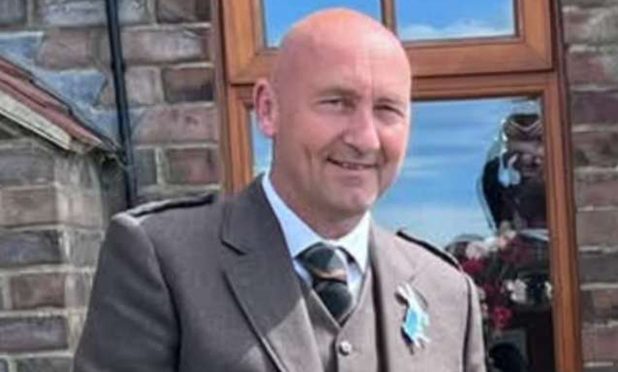A woman lawyer didn’t get a “fair crack of the whip” from a disciplinary tribunal set up to probe whether a sheriff subjected her to sexually inappropriate behaviour.
Judge Lord Woolman concluded that a Fitness For Office Tribunal set up to investigate allegations surrounding Sheriff Jack Brown’s behaviour didn’t follow correct legal procedures.
The tribunal was set up after the lawyer – who can only be named as X – complained that Sheriff Brown, who sat at Aberdeen Sheriff Court, didn’t act appropriately around her in 2018.
The tribunal found that one of the claims made by the complainer did happen.
However, it concluded that Sheriff Brown’s behaviour didn’t merit him being removed from office.
However, lawyers for Ms X raised proceedings in the Court of Session following the decision.
Her legal team argued that the tribunal didn’t consider statements from two other women who claimed that Sheriff Brown had subjected them to similar actions.
Lord Woolman heard that the statements were taken during a police investigation into Sheriff Brown – the Crown Office concluded that Sheriff Brown shouldn’t be prosecuted.
Lawyers for Ms X argued that the tribunal should have considered these statements – and because it didn’t, the tribunal didn’t follow correct legal procedures.
‘Breach of natural justice’
Her advocate Kenny McBrearty QC asked Lord Woolman to quash the tribunal’s findings, saying it was “unfair” and a “breach of natural justice”.
In a written judgement issued at the court, the judge agreed with the submissions made to him by Mr McBrearty.
He wrote: “X did not receive a ‘fair crack of the whip.’
“The tribunal proceeded in ignorance of the availability of other evidence.
“That fact is not contentious.
“X and her advisers were not responsible for the mistake.
“It did have an impact on the reasoning.
“Accordingly I shall quash the tribunal’s decision.”
The judgement tells of how the Fitness for Office Tribunal was set up after a “disciplinary judge” examined the complaint by Ms X.
The disciplinary judge, who wasn’t named, concluded that the sheriff had a case to answer.
The judge then made Scotland’s most senior judge, the Lord President, Lord Carloway aware of their decision.
Lord Carloway then wrote to First Minister Nicola Sturgeon in August 2018 requesting that the tribunal be set up.
The judgement tells of how Ms Sturgeon agreed to the request the following month.
Retired judge Lord Bracadale was appointed as the tribunal’s “investigating officer”.
Ms X claimed that she regularly appeared before Sheriff Brown in court.
She said his alleged acts took place outside of court.
Alleged behaviour
A formal complaint about Sheriff Brown’s alleged behaviour was made against him in 2018.
Police Scotland detectives also launched an investigation into Sheriff Brown’s alleged activities.
Officers took statements from two women – who can only be named as C1 and C2.
Both complainers told the police that Sheriff Brown had acted inappropriately towards them as well.
Ms C1 told the police that on an occasion between 1991 and 2000, during a visit to the pub, Sheriff Brown put his hand inside her jumper and bra and touched her naked right breast.
Ms C2 claimed that in the early 2000s, Sheriff Brown kissed her on the mouth in a courtroom, and patted her bottom when congratulating her on a promotion she had received.
Prosecutors decided not to prosecute Sheriff Brown.
Judgement
In his judgement, Lord Woolman wrote that he was unable to order that a new tribunal be set up.
He said the legislation on disciplinary matters states that it is only the First Minister and the Lord President who can order a new tribunal.
He wrote: “I conclude that the Courts Reform (Scotland) Act 2014 places that issue in the hands of the Lord President and the First Minister (section 21).
“My task has been to determine whether the tribunal’s findings can stand.
“I have completed that task.
“I do not consider that it is appropriate or perhaps even competent for me to decide if (a) the original tribunal, if it does still exist, can reconsider this matter, (b) a new tribunal should be constituted, or (c) the individuals who should serve on such a tribunal.
“Were it competent for me to decide these matters I would conclude that the case should be determined by a freshly constituted tribunal.
“That avoids any risk of perceived unfairness or damage to public confidence.”
